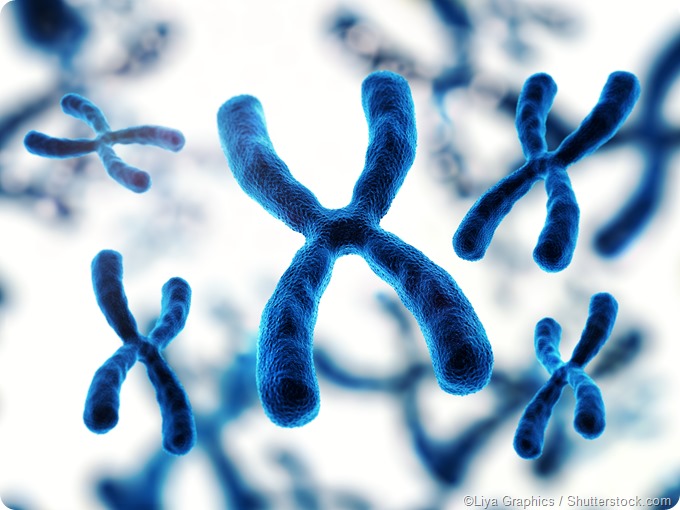The knowledge and understanding acquired from genomics research can be applied in a number of different settings, including medicine, biotechnology and social sciences. Although the applications of genomics have already found a place in many areas, there is potential for the study to revolutionize fields involving human and other life on earth even further in the future.

Medical applications
Recent developments in the technology used to acquire genomic data have opened up new possibilities for medical clinicians and researchers, as information can be gleaned more efficiently than was previously possible. This has led to a deepened understanding of genomics and the role of genes in causing or preventing disease.
Notable practical applications of genomics that are in use or development at present include:
- Oral immunization with plants: Oral plant vaccines, which use DNA and transgenes to create surface antigens that stimulate immunity when consumed, show promise in the quest to immunize humans against hepatitis B.
- Heterologous prime-boost vaccine for malaria: Two-part vaccines with DNA from P. falciparum followed by modified Ankara virus are expected to reduce the risk of malaria infection by up to 80%.
- Anti-malarial drugs: The chemicals fosmidomycin and FR-900098 are being tested for their targeted effects in inhibiting DOX reductoisomerase in the body, which is involved in the lifecycle of P. falciparum, the most dangerous of the parasites that can cause malaria.
- Screening for thalassemias: Tests have been evolved that use the polymerase chain reaction to observe the gene mutations that are responsible for creating the structure of the hemoglobin molecule. Genetic counseling as a result of the screening test has reduced rates of thalassemia in Sardinia from 1 in 250 to 1 in 4000 live births.
Precision medicine is an application of genomics in the field of medicine that allows individualized information about a patient’s genetic makeup to direct the type of treatment they receive. While some targeted therapies that focus on specific genomic data have already been introduced to medical practice, such as some targeted cancer therapies, the potential for this to expand into all other areas of medicine is significant.
Biotechnology applications
There are several applications of genomic knowledge in the field of synthetic biology and bioengineering.
Some scientific research has demonstrated the creation of a partially synthetic species of bacteria. For example, the genome of Mycoplasma genitalium was used to synthesize the bacterium Mycoplasma laboratorium, which has distinct characteristics from the original bacteria.
Social science applications
Conservationists have made use of the genomic sequencing data to evaluate key factors that are involved in the conversation of a species.
For example, the genetic diversity of a population or the heterogeneity of an individual for a hereditary condition with a recessive inheritance pattern can be used to predict the health and conservation of the population.
This data can also be useful in determining the effects of evolutionary processes and picking up genetic patterns of a specific population, including human and animal life. Insights into these patterns can help to devise plans to aid the species and enable it to thrive into the future.
References
- https://www.ncbi.nlm.nih.gov/pmc/articles/PMC4188632/
- https://www.who.int/
- http://www.nature.com/nature/journal/v473/n7347/full/473403a.html
- http://www.nejm.org/doi/full/10.1056/NEJMra1010517
- http://www.nejm.org/doi/full/10.1056/NEJMra1105239
- https://www.ncbi.nlm.nih.gov/pmc/articles/PMC4143101/
Further Reading
Last Updated: Jul 19, 2023